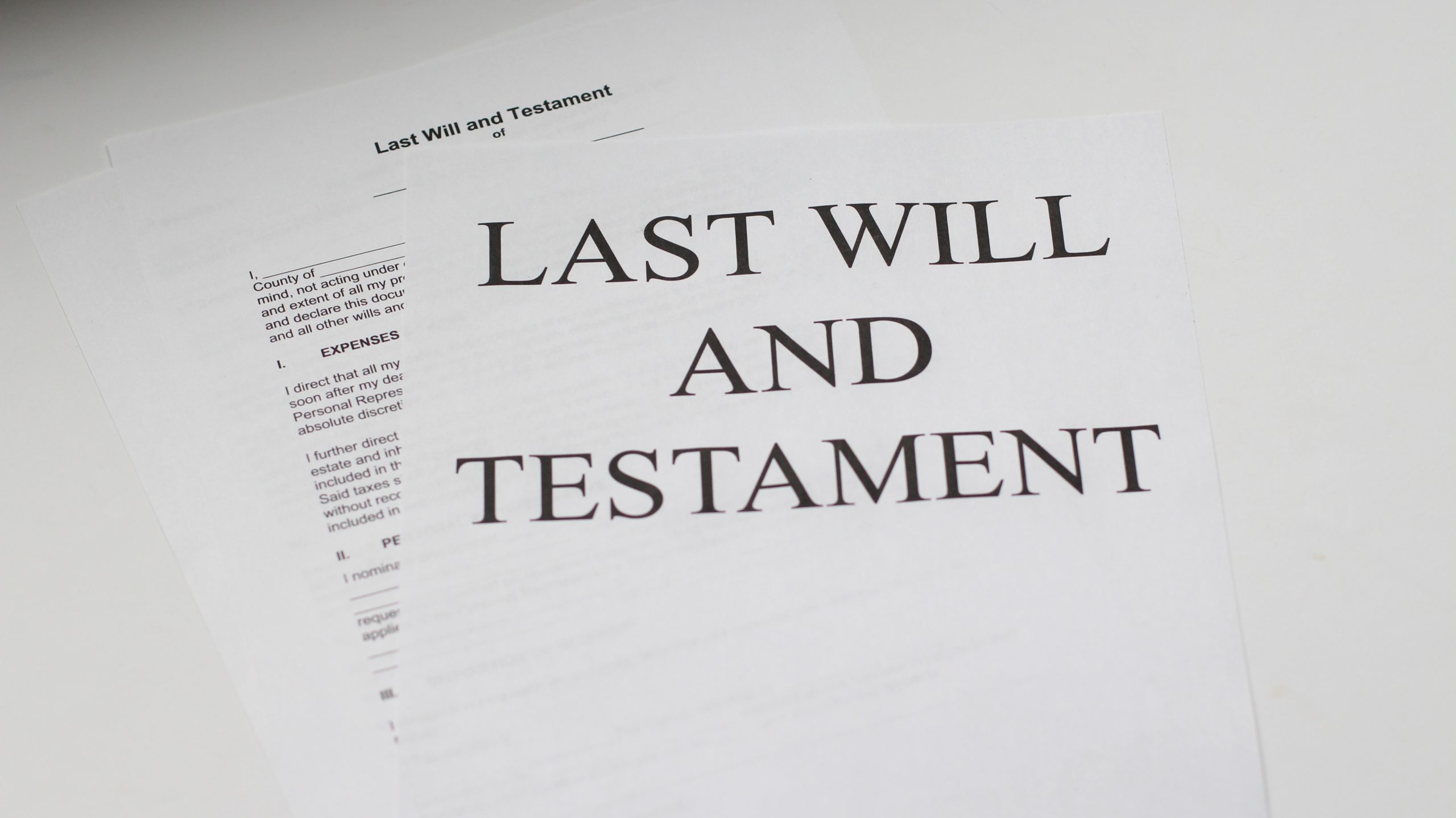Aretha Franklin’s Story
Aretha Franklin, the singer known as the Queen of Soul, died of a pancreatic tumour in August 2018 at the age of 76, leaving an estate estimated at $80 million. It was believed that she had not made a will. However, in May of 2019, three separate handwritten “wills” were found in her home, two dated 2010 and one dated 2014.
The document dated 2014 was found in a spiral notebook tucked into the couch cushions. It is hard to read, full of cross outs and notes in the margins. All three documents have been filed in court to determine if any of them meets the requirements of a valid holograph will under Michigan law. Handwriting experts have been hired to examine them. We don’t yet know if the documents will get the court’s R-E-S-P-E-C-T.
Lawyer’s comment: a holograph will, is legal in Ontario, on certain conditions:
- First, it must be entirely in your handwriting;
- Second, it must be signed by you; and
- Third, it must also clearly express your final intention to dispose of all your property on death. Otherwise, it may be interpreted as just of draft of your wishes.
If you choose to make a holograph will, you should proceed with great caution. Proving the validity of a holograph will can be challenging and expensive, especially if there is potential conflict among your heirs. Even if your estate is not large or complicated, consider having a professionally drafted and properly executed will. It will make the administration of your estate simpler and could help avoid long and costly legal battles.








